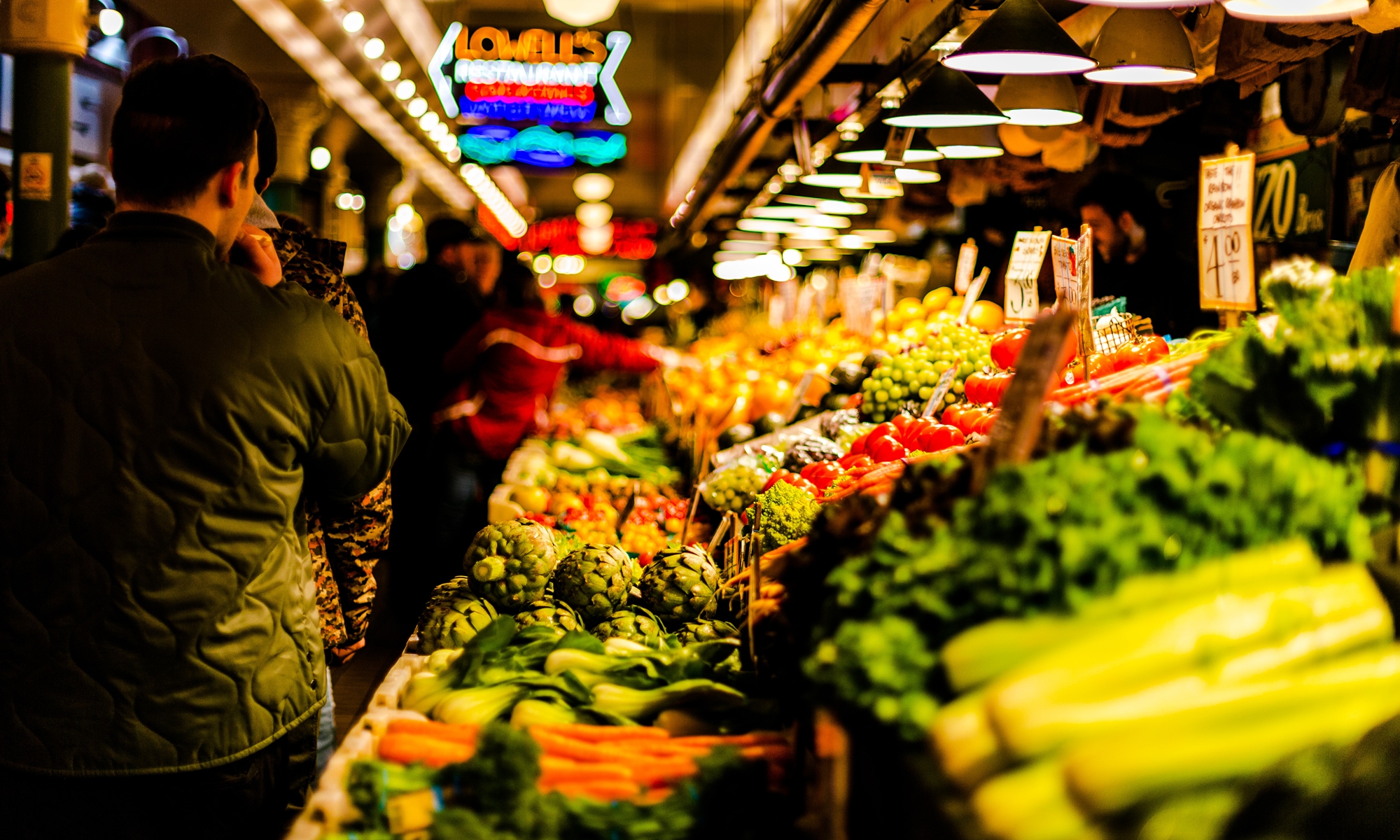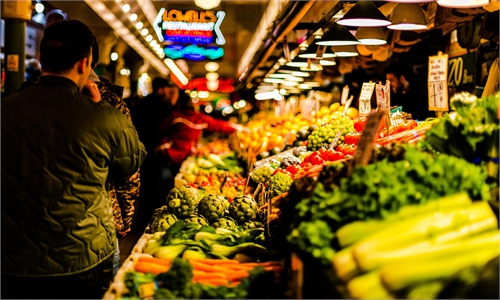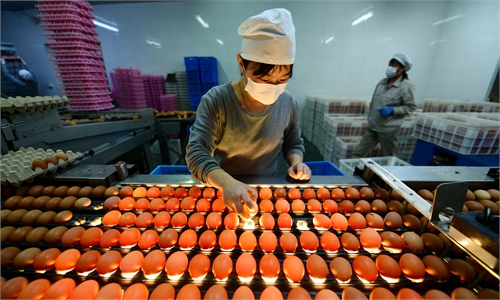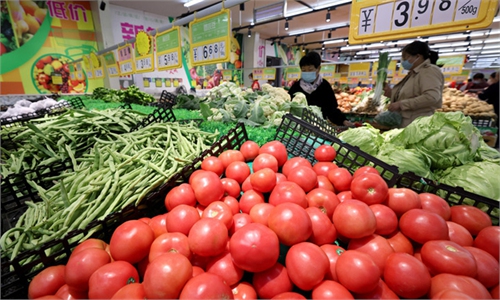China’s CPI rises 1.6% in November year-on-year, a stark contrast to runaway inflation in US, Europe

CPI Photo:Unsplash
China's consumer price index (CPI) rose 1.6 percent in November from a year earlier, easing from a 2.1 percent rise in October, data from the National Bureau of Statistics (NBS) showed on Friday, underscoring that China's inflation is kept at "moderate" range this year despite runaway inflation elsewhere in the US and Europe due to skyrocketing energy price and US Fed's aggressive interest rate hikes.
In month-on-month term, China's CPI declined 0.2 percent in November, compared with a gain of 0.1 percent in October.
Dong Lijuan, chief statistician with the NBS, said in a statement posted on the bureau's website that in November, CPI turned from rising to falling month-on-month and fell back year-on-year, which was a result of multiple factors including "coronavirus flare-ups, seasonal factors and a high base the same period last year."
The price of food jumped 3.7 percent year-on-year in November, down 3.3 percentage points from October, which propped up CPI growth by 0.68 percentage points.
And in breakdown, the price of pork soared 34.4 percent, narrowing down 17.4 percentage point from October. And the price of vegetables slipped 21.2 percent year-on-year in November, further slowing down 13.1 percentage points from the drop in October.
According to a research report issued by the China International Capital Corporation (CICC), the tightened supply of live pigs has been ameliorated in November amid Chinese authorities' scaled-up policy adjustment. Also, vegetable price continued to decrease in November as supply became more abundant.
In November, the producer price index fell 1.3 percent from a year earlier after declining by the same magnitude in October, NBS data showed. Dong said the slip is mainly due to the higher base of comparison in the same period last year.
China has set a consumer inflation target of around 3 percent for the year of 2022.
Analysts said China is on track to achieve that goal amid continued stabilization price efforts - regardless how persisting inflation has dented the growth prospect of the rest of the world - which also leaves more room for China's fiscal and monetary stimulus policy maneuver.
According to an IMF projection, global inflation was forecast to soar to 8.8 percent this year from 4.7 percent in 2021, before declining to 6.5 percent in 2023.
In October, the US - whose aggressive monetary policy is the culprit for global sizzling inflation, reported a 7.7 percent jump in CPI compared with a year earlier, after posting a year-on-year spike of 8.2 percent in September.
In the euro zone, which is beset by escalating energy price, inflation hit a record high of over 10 percent level in the month of October, according to a CNBC report. Energy costs had the highest annual rise in October, at 41.9 percent from 40.7 percent in September.
Yi Gang, governor of the People's Bank of China (PBC), the country's central bank, said at a meeting in early December that China's inflation rate stands around 2 percent at the current stage, thanks to grain harvest and stabilizing energy price. He predicted that China's inflation will be kept in a "moderate range" next year.
Global Times



